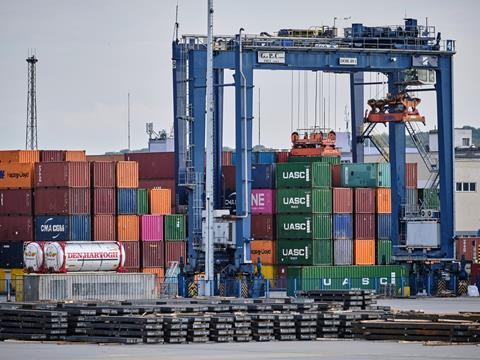
According to a new survey by Gartner, 45% of supply chain leaders have identified passing costs on to their customers as their primary strategy for mitigating costs from tariffs.
In recent weeks, Gartner has surveyed supply chain leaders to learn more about how they plan to lessen the effect of tariffs on their bottom lines. The organisations interviewed all drive annual revenue of at least $50 million, with 83% of them reporting $1 billion or more in annual revenue.
“Supply chain leaders have many potential levers to pull from in mitigating new costs related to tariffs,” said Vicky Forman, Senior Director Analyst in Gartner’s Supply Chain practice. “While supply chain leaders have multiple initiatives underway to potentially lessen the impacts, many of these actions have yet to be completed.”
In terms of the top risks posed by new tariffs, “increased costs” was cited by 92% of respondents. 75% of participants also identified consumer demand – both at home and abroad – as a top concern.
Beyond passing costs onto consumers, other mitigation tactics highlighted by respondents to the survey included renegotiating supplier contracts (47%), exploring collaboration opportunities with suppliers (43%), and adjusting production locations outside of the United States (26%).
Following unprecedented upheaval across global financial markets after “reciprocal tariffs” on America’s trade partners were announced earlier this year, President Trump unexpectedly implemented a 90-day pause on the biggest tariffs – except most of China’s.
According to a recent poll of leading economists conducted by Reuters, a majority believe that the global economy will go into recession this year. Three months ago, before the start of Trump’s “tariff war”, the same group of economists predicted strong and steady growth in the global economy across 2025.
If you liked this story, you might also enjoy:
The ultimate guide to the Packaging and Packaging Waste Regulation in 2025
How are the top brands progressing on packaging sustainability?
Everything you need to know about global packaging sustainability regulation in 2025
The key to increasing the use of reusable packaging in supermarkets














No comments yet